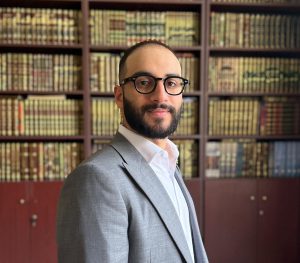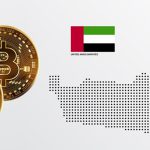Dubai and Abu Dhabi are making a play for the cryptocurrency city.
Crypto is growing fast: total transactions volumes grew over 500% to $15.8 trillion in 2021, according to Chainalysis. Yet plenty of Western regulators seem to hate it. European Central Bank board member Fabio Panetta and the U.S. Securities and Exchange Commission’s boss Gary Gensler have both compared the asset class to the “Wild West”. Perhaps as a result, even the two largest cryptocurrencies, bitcoin and ether, are yet to have a dedicated supervisory body in the United States and the UK. Singapore has imposed stricter regulation, despite expressing interest in the market.
That leaves a gap for an ambitious locale willing to build its regulatory architecture around crypto, rather than vice versa. Step forward Dubai and Abu Dhabi. In Dec 2022, the pair have handed out more than 30 licences and passed new laws for crypto exchanges to operate in the cities. The exchanges have responded. Binance is recruiting for over 100 positions in the Gulf read more, while boss Changpeng Zhao has moved from Singapore to Dubai and bought a home there. FTX and Kraken are heading Gulf-wards, too.
The mutual love-in has a certain logic. Total private wealth held in the United Arab Emirates rose by $46 billion between 2019 and 2021 as some 5,600 millionaires moved to the country, according to the Global Citizens Report, and an influx of Russian oligarchs read more should amplify the trend. Around 25% of Middle East millionaires already invest in some kind of crypto, data from consultant Knight Frank shows. Meanwhile, local businesses like grocery delivery service YallaMarket and property firms are accepting payments in crypto, and the former has floated the idea of paying salaries in the currency. A global YouGov survey found that trust in cryptocurrencies was highest among adults in the UAE.

عبدالرحمان زمین پیما
Author

آرمان جعفری
Author











